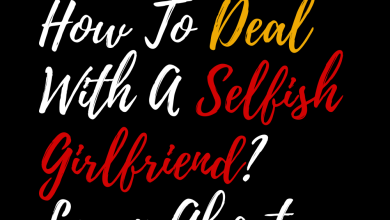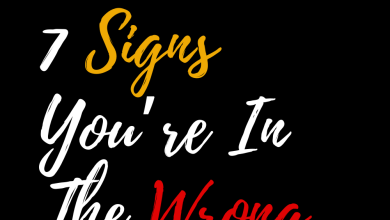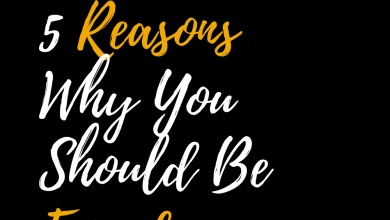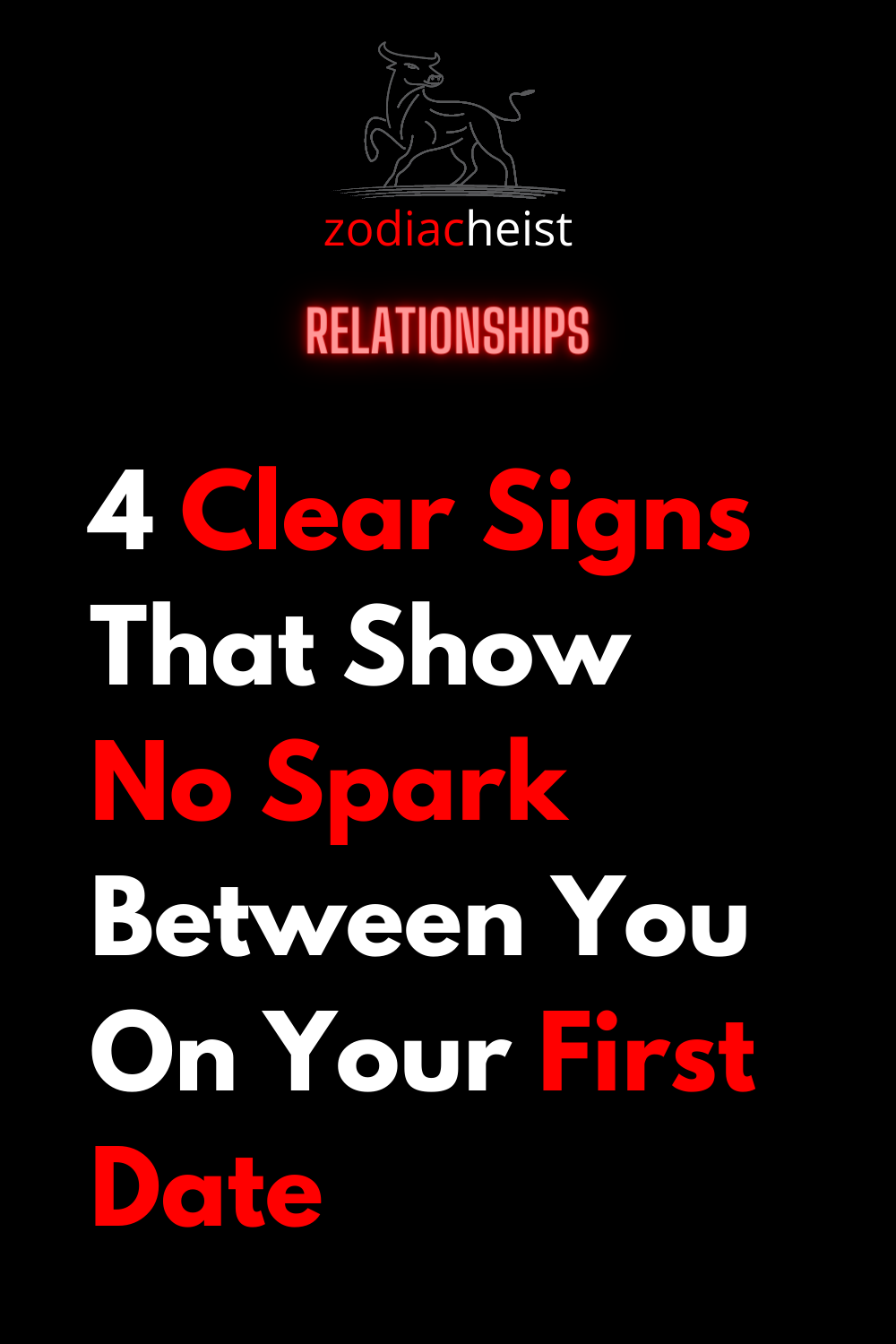5 Things A Relationship Will Never Be Able To Give You
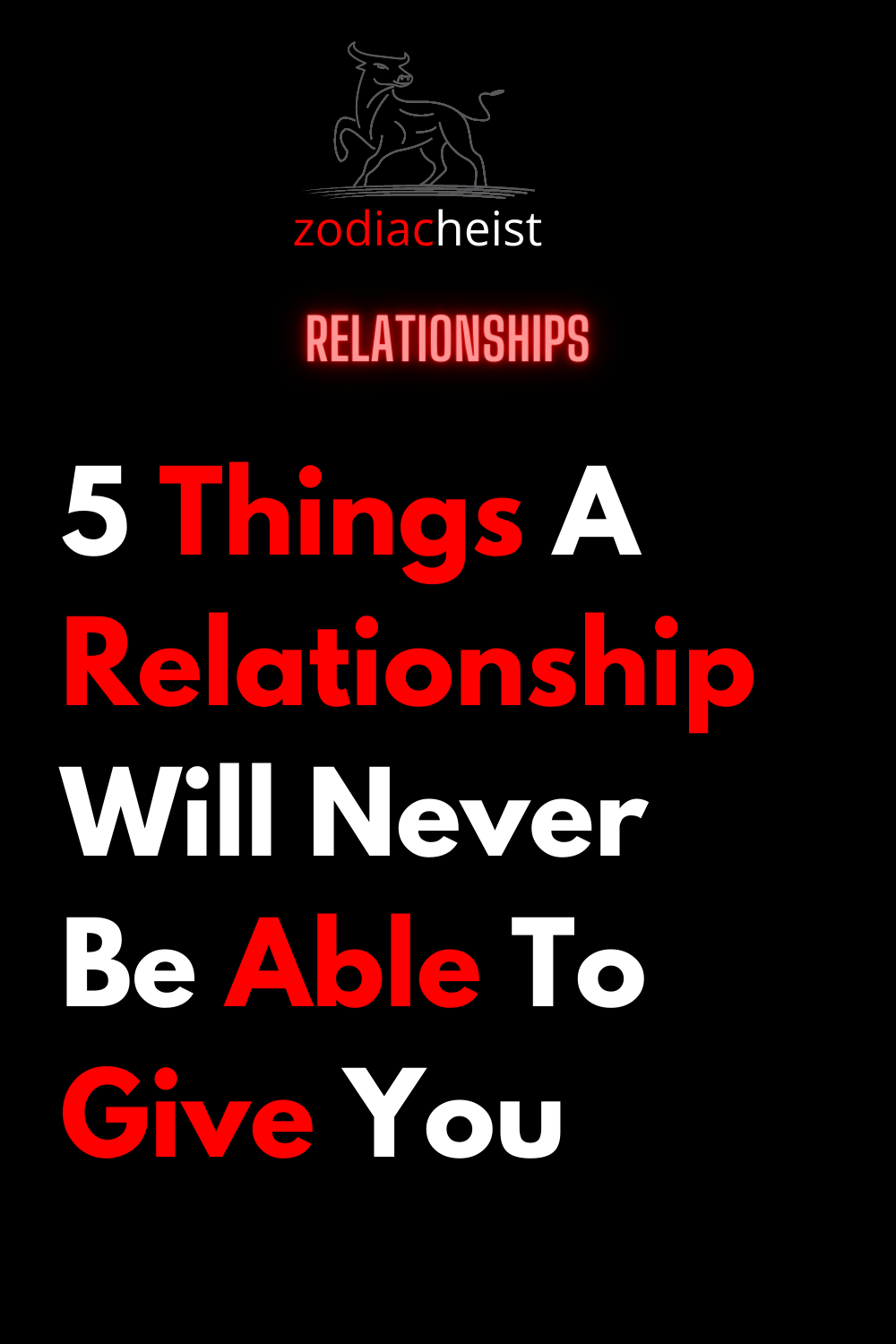
We all love love. We dream about it. We search for it.
So much of our happiness depends on our relationships with others — as a social species, we’re hard-wired for it. But sometimes, being in a secure relationship with a deeply loving and trusting partner is not enough. Love is not a magic pill, as much as we’d like to think it is. And even so, there’s only so much a pill can do.
Love will make you feel as light as a feather; it will make your heart swell up to the point of explosion; it will make everything shine a little brighter; it will inspire you. But it won’t do any of the actual work for you.
I believe the most fulfilling romantic relationships are the synergistic kinds. The type of relationship where two independent and self-sufficient individuals come together to add to each other’s quality of life. In doing that, they create something beautiful that they couldn’t have created on their own. In other words, 1+1=3.
But in order to get to that point, we need to make sure we’re in a deeply loving and trusting relationship with ourselves first. Because one thing’s for sure: you can be in the most amazing romantic relationship, but if you haven’t put in the internal work for yourself, you will inevitably feel as though something is missing.
Here are five things a relationship can’t give you.
1. A Sense Of Purpose
“The person without a purpose is like a ship without a rudder.” — Thomas Carlyle
Sometimes we chase relationships with people in order to fill a void we feel because of a lack of purpose in our lives. It’s quite similar to a drug; when we’re in the other person’s presence, we feel full, alive, and vibrant. But once they’re gone, the emptiness creeps back in and gnaws at your stomach.
I think to have a truly successful relationship, we need to have a clear, distinguished vision of what we ultimately want out of our lives. That doesn’t mean it should be the same vision as our partner’s, but we each should know what we’re working towards and building our life around. That feeling of emptiness, of being lost, is something that you can only fix by putting yourself on the path to your dreams, whatever they may be.
If you do that, then you’re coming to the relationship from a place of confidence and self-sufficiency. Then you’re allowing the other person to enhance and add to your life instead of using them as medication for that godawful void.
2. Personal Progress
“I always tell people if you want to know the secret to happiness, I can give it to you in one word: progress. Progress equals happiness.” — Tony Robbins
Being in a relationship with someone who sees you for all that you are and accepts and loves you in your entirety is such a special thing. It brings us a level of joy that is hard to compare to anything else in life. But at the same time, we ought to remember that kind of happiness depends on another person. It’s an external source. As such, there is no guarantee that it will be there forever.
You can have your ideal relationship with your ideal partner, but if you’re not making progress in your own life, you won’t be fulfilled. You will still feel as though something is missing.
Tony Robbins says that when we stop growing is when we become dissatisfied. Jim Rohn, who was his mentor, told him once that what we get will never make us happy, but who we become in pursuit of our goals will either make us really happy or really sad.
Progress is the only thing that is going to make us feel fulfilled in the long-term. Progress does not mean enormous breakthroughs every day. It doesn’t mean doing everything all at once.
When we look at the major goals in our lives, they can seem daunting. That’s why we default to inaction and procrastination when we focus too much on the big picture. Instead, it’s usually more effective to break down those goals into their constituent parts — small pieces that we can tackle day by day. Execute on that one part and then move on to the next one. You’d be surprised just how much you’re capable of achieving (and with so much more ease) when you handle your objectives in this way.
The satisfaction and pride that we feel from knowing we have the courage to take daily action towards our goals is a feeling that the person you’re dating can’t give you. It’s a different sorta happiness in the soul.
And you’ve got to get it yourself.
3. Body Acceptance
“You can’t hate yourself happy. You can’t criticize yourself thin. You can’t shame yourself worthy. Real change begins with self-love and self-care.” — Jessica Ortner
Since the age of about 12, when I began to learn that society imposes a set definition of a beautiful body, I’ve been extremely self-conscious of mine. And I know I’m only one among the many. For me, though, the difference was that it eventually turned into a full-blown eating disorder, which I had to seek help for. It took years and an unimaginably difficult mental battle with myself to undo the lies that had penetrated deep into my brain.
And here’s the thing: They’re not completely undone. I still struggle with bad body image days. I still get insecure. In all the relationships I’ve been in, nobody has ever been able to make me love myself — I had to do that. Nobody has ever been able to magically make me feel at home in my skin — I had to learn to choose to accept myself. And it’s a choice that you have to try to make every single day.
None of the guys I dated ever cared about the parts of my body that I don’t like as much as I cared; it didn’t even register in their minds as a flaw. And, yes, it feels good to hear that you’re beautiful and desirable. But that feeling only lasts a moment, and then you’re back to your default insecurity.
I used to think that if I found somebody who adored me, all of me, then I’d feel good in my skin and wouldn’t care at all what my body looked like.
Well, I’ve dated a*sh*les and I’ve dated truly amazing and compassionate men who did adore all of me. I’ve dated when I had the body of a model; when I was underweight; when I was at my heaviest. But how I felt about my body had nothing to do with the other person and everything to do with me. Self-acceptance, I learned the hard way, is something nobody can give you. Not even someone who is madly and deeply in love with you.
4. Self-Knowledge
“If you’re not comfortable enough with yourself or with your own truth when entering a relationship, then you’re not ready for that relationship.” – Steve Maraboli
We humans are extremely complex. Even that feels like an understatement.
When I went into treatment for my eating disorder, I had to face my demons head-on. I had to stop running from myself and take a hard, long, and very painful glance at my own reflection.
That was just my story. That was just my trigger that caused me to get to know myself in a way I never had before.
But I believe each one of us encounters opportunities in our lives where we have to confront parts of ourselves we have hidden away. But not everybody takes this opportunity — and for some who do, it ends up breaking them.
Isn’t it true that we’re easily able to recognize the people who are running away from themselves? Part of it, I suppose, is their body language, lack of confidence, or the things they say. But somehow, you can tell they have hidden demons they’ve turned away from.
And here’s the thing: We all have demons, but not all of us deal with them.
The ones who do are usually the people we’re attracted to and want to be around. They’re imperfect, sure — who isn’t? — but they’ve taken ownership of that imperfection. They’ve done the internal work needed to fully come to terms with their own personhood. They are able to stare nakedly at the areas that still need work and not be afraid to step up to the challenge. They accept the level of uncertainty that comes with self-improvement (and any new venture, really) and are not scared to share their vulnerabilities with you.
A partner can help you discover more of yourself, yes. But we ourselves have got to be the ones in charge, first and foremost. How can we comfortably share ourselves with another soul if we’re not comfortable going to the depths of our own?
5. Freedom From Addictions
“I’ve discovered that you can’t change people. They can change themselves.” — Jim Rohn
This is one of the most difficult lessons I’ve had to learn in my life: you can’t change others. And other people can’t change you unless you yourself want to be changed.
Each of us has his or her own brand of addiction. It doesn’t necessarily have to be to a substance — we get addicted to certain patterns of behavior or thought, certain types of relationships or people, certain feelings. For a long time, I was addicted to sadness. Any joyous emotion felt so…wrong.
People hold on to their addictions because they’re satisfying a need. And even though they come with a whole host of unpleasant consequences, at least they’re familiar and comforting.
I used to date someone who used alcohol as a coping mechanism. Every night, he would drink so he wouldn’t remember what he didn’t want to remember and, despite how much I tried, I couldn’t stop him from reaching for the bottle. I’d snuff out his cigarette and he’d light another one.
Looking back on it now, I realize I was going about it the wrong way — I could’ve never gotten him to see the mistakes he was making like that. Despite all the various conversations we’d had about it, he didn’t make an effort to change because he didn’t want to.
It was the same deal with my eating disorder; nobody could get me to stop what I was doing — I found a way to do it anyway. It was only when I decided I needed to change that I went asking for help.
What I mean to say by all this is that a relationship won’t save you from your brand of addiction. Because the root of the problem is not in the other person — it’s in you.
We ourselves have got to take responsibility for the way we’re conducting our lives; we have got to be the ones to decide we want to change. Another person can inspire you, be there to support you, help you along in your journey. But only after we’ve instigated the change.
If we want a synergistic relationship in which both partners are independent and secure, and one is not using the other as a band-aid on a bullet wound, we first have to face ourselves. We’ve got to get comfortable being uncomfortable looking our ugly demons straight in the eye. We’ve got to own them and slowly move them to the side while trying every day to be compassionate towards ourselves, despite their cruel and unrelenting voices.
Because one thing is for certain: another person can’t give you happiness if you don’t already have it. They can give you a high, but a high only lasts so long.
If, on the other hand, you already feel a sense of fulfillment from within yourself, the happiness another individual can add to your life becomes tenfold.
That’s when 1+1=3.


